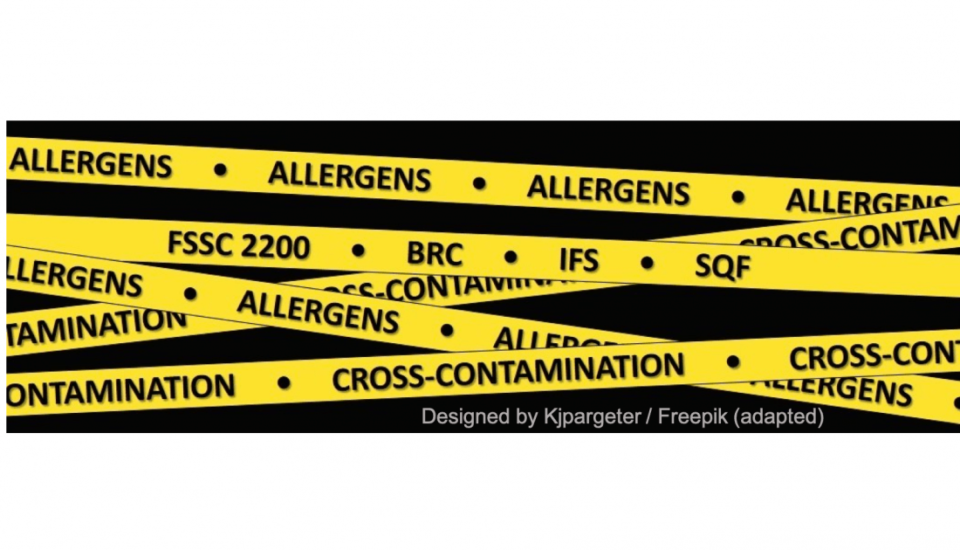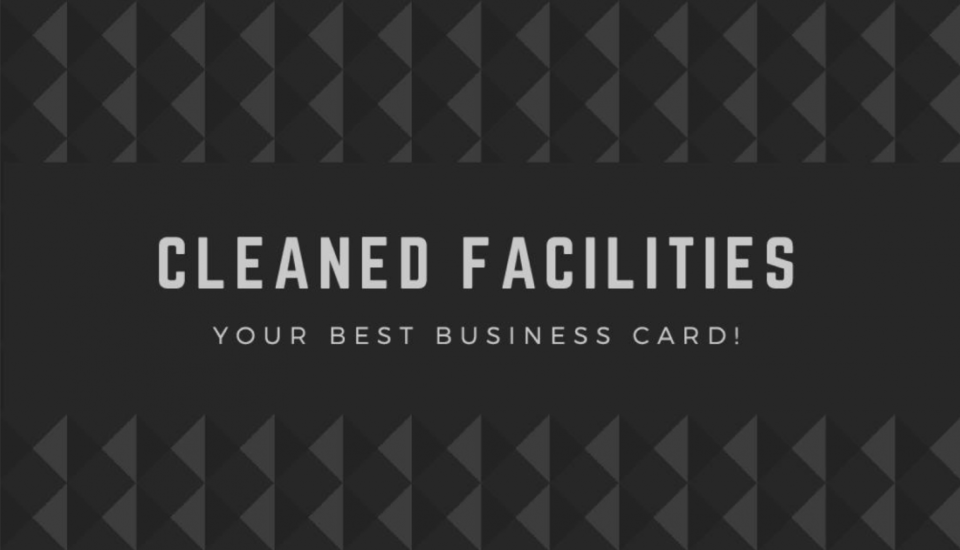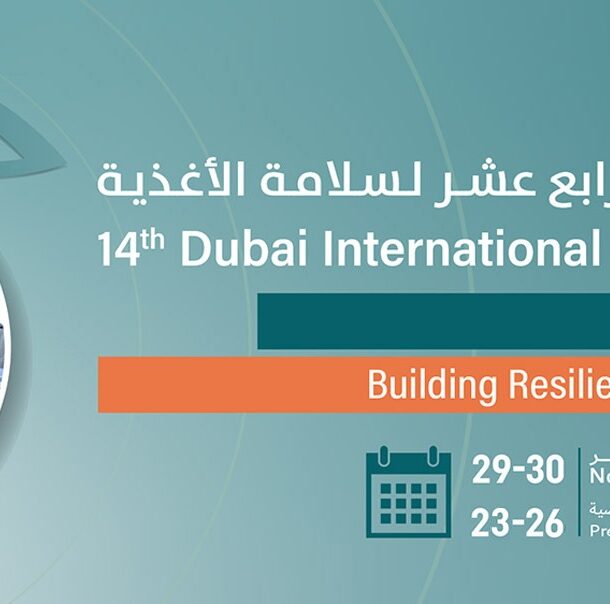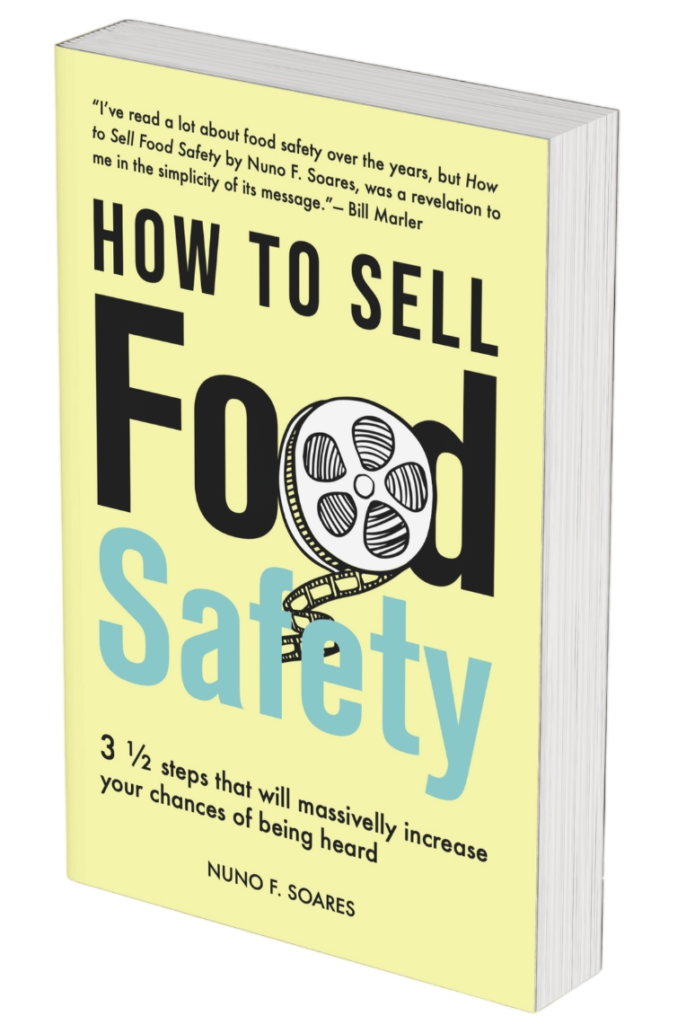
Food Safety cannot be ignored when commercial success is the goal. For example many Vegan trademark schemes overlook the on–going cross contamination hazard issue both in the factory making the vegan claim and their raw material supply chains.
On September 28, 2020 Food Safety Authority of Ireland (FSAI) warned consumers on the possible dangers of consuming “vegan products in the belief that such foods are completely free from animal-based allergens. More recently (13 November), also in Ireland, a recall was announced by frozen Vegan Gyoza due to possible presence of plastics.
These two situations demonstrate that vegan products face food safety challenges common to all food safety products and specific challenges by virtue of being vegan.
Once considered a niche, vegan products have been an increasing trend in the last years not only by people moving towards plant-based diets but also by consumers who have animal-based allergies. The later, may be drawn to buy food declared as vegan trusting they are safe to eat. Well, this may not be the case as for example was the case in February 2020 in Iceland, where 3 vegan products were recalled because they contained milk.
One step in the right direction would be to have in the law a clear definition of the term “vegan” including any limits to the proportion of animal-derived ingredients permitted. This would make crystal clear what could be labelled as vegan and also support vegan products producers looking to their process and assess impact of possible cross-contamination and traces of animal-derived ingredients in their raw materials.
This kind of clarification would benefit the entire food industry, as it will increase consumers’ confidence when buying “true” vegan products. This clear vegan identity would also assure safety in regards to rigorous prevention controls to mitigate animal derived products from adulterating vegan products (e.g. egg, milk, fish, molluscs or crustaceans).








